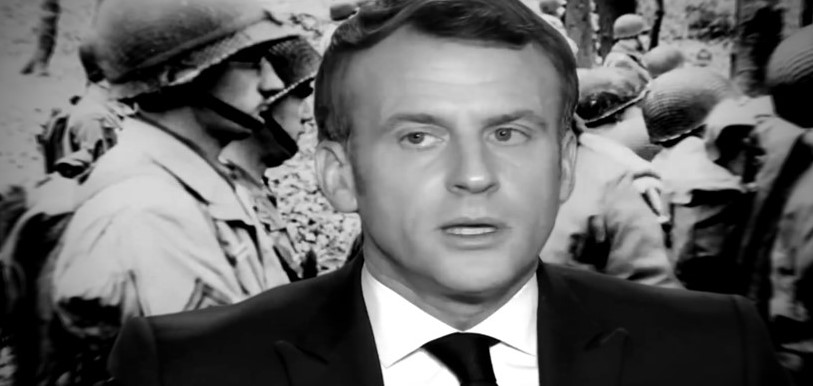The Wall Street Journal recently reported, citing an unnamed U.S. official, that French President Emmanuel Macron indicated to allies that NATO or U.S. intervention would not be coming should Russian forces engage French troops potentially deployed to Ukraine. This statement, linked to Macron’s proposal from late February, suggests a significant shift in the NATO alliance’s strategic considerations regarding the ongoing tensions with Russia. However, the assumption that NATO and the U.S. would abstain from responding to an attack on French forces within Ukraine, a region with a contentious history given its past as a Soviet Republic, raises questions about the alliance’s unity and strategic posture.
The notion that one of NATO’s principal members could engage in military operations against Russia, its longstanding adversary, without eliciting a collective defense response, could severely undermine the alliance’s credibility. Despite assurances from a French official that Macron’s proposal encompassed only training, defensive operations, and cyberwarfare, Russia’s explicit threat to target French forces underscores the grave risks involved. The historical context, marked by Russia’s actions against French mercenaries earlier in the year, further emphasizes the potential for direct confrontation.
Analytically, should France proceed with a conventional military intervention aiming to secure strategic locations along the Black Sea Coast and the Dnieper River, it would not only alter the regional power dynamics but could also precipitate a direct military front between France and Russia. This scenario, while highlighting Macron’s stated willingness to proceed without immediate allied support, underscores the improbability of France avoiding NATO assistance in the face of significant military setbacks that threaten its strategic objectives. The complexity of these strategic calculations reflects the elaborate balance of power, national interests, and alliance dynamics shaping the current geopolitical landscape in Eastern Europe.
Nikolai Patrushev, the Chairman of the Russian Security Council, articulated a significant assertion regarding the intentions of the United States and NATO towards Ukraine, emphasizing their strategy to maintain it as an anti-Russian stronghold under their influence, catering to the interests of the North Atlantic Treaty Organization (NATO). This perspective underscores the geopolitical tension surrounding Ukraine, particularly its eastern parts under Kiev’s control. Patrushev’s statement suggests a scenario where, following a Russian military advance that compromises the defense lines and initiates the demilitarization of eastern Ukraine, NATO might consolidate its support for France’s military endeavors in the region.
The geopolitical implications of Russia potentially breaching the Dnieper River, thereby severing Ukraine’s access to maritime routes and advancing towards Odessa, are profound. Such developments would likely galvanize NATO, driven by its constituencies’ anti-Russian sentiment, to intensify its military and strategic engagement in the area. France, with its forces stationed in Romania, could play a pivotal role in pre-empting or responding to Russian advances, a move that, while risky, underscores the alliance’s foolhardiness to coming in the way of Russia.
Despite President Macron’s indicated reluctance to seek aid, the dynamics of international solidarity within NATO could foster a unified or a “coalition of the willing” stance in support of France’s operations. The speculation by Patrushev about the risk of escalation to a global conflict in the wake of French-Russian confrontations in Ukraine points to the intricate balance of military and strategic considerations. Such assertions, while speculative, highlight the potential for an escalation in military engagements to transcend controlled strategies, challenging the stability of regional and international security architectures. Emmanuel Macron started this muscle flexing game to quell dissent at home but now he has brought it very close to the danger mark. The delicate balance of power in Eastern Europe will get upset and the entire Eurasian region will turn into a giant ticking time bomb, should the nature of diplomatic and military maneuvers in the region change due to Macron’s imprudence.







